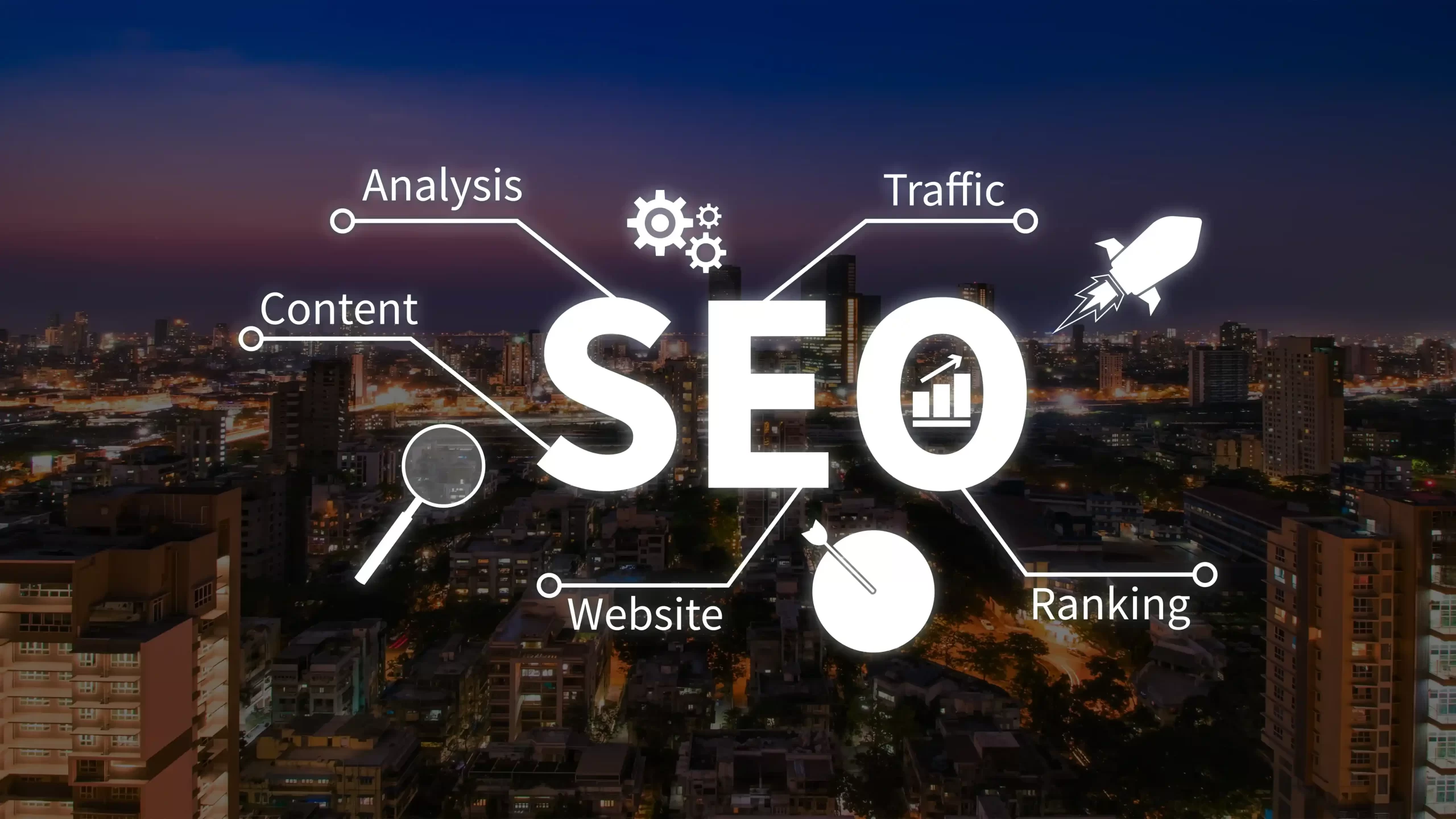How Technical SEO Impacts Website Performance
When people think of SEO, they usually focus on keywords, content, and backlinks. While those elements are important, there’s a powerful part of SEO that works behind the scenes—technical SEO. It’s the backbone that ensures your website is optimized for both search engines and users.
If your website struggles with slow speed, indexing issues, or mobile display problems, technical SEO might be the missing link. Let’s explore how it directly impacts your website’s overall performance.
1. Site Speed: Faster Websites Perform Better
One of the most important factors of technical SEO is site speed. Both users and search engines care deeply about how quickly your site loads.
Why it matters:
- A delay of just one second can cause visitors to leave.
- Google uses page speed as a ranking signal.
- Fast-loading pages improve the overall user experience.
To optimize speed, consider compressing images, reducing unnecessary code, enabling caching, and using a content delivery network (CDN). These steps can significantly boost your loading time and performance.
2. Mobile Optimization is No Longer Optional
With mobile-first indexing, Google now considers the mobile version of your website as the primary version. If your site isn’t mobile-friendly, you’re likely losing both traffic and rankings.
Focus on:
- A responsive design that adjusts across all devices.
- Readable font sizes.
- Tappable buttons and clean navigation on smaller screens.
A site that works well on mobile devices keeps users engaged and helps search engines understand your structure better.
3. Crawlability: Helping Search Engines Find Your Content
Search engines need to crawl your site to index and rank your pages. If they encounter broken links, blocked pages, or messy architecture, your SEO efforts could be wasted.
Improve crawlability with:
- A well-organized sitemap.
- An optimized robots.txt file.
- Internal links that connect related content.
Making your website easy for search engines to navigate means more pages will be indexed and ranked accurately.
4. Security: HTTPS Builds Trust and Rankings
Having a secure website isn’t just a bonus—it’s a necessity. Google now considers HTTPS a ranking factor, and most users won’t trust an unsecured site.
Benefits of using HTTPS:
- Encrypts user data.
- Shows a secure lock symbol in the browser.
- Boosts trust and credibility with your audience.
All websites should use an SSL certificate to transition from HTTP to HTTPS. It’s a small step with a major impact on both performance and SEO.
5. Structured Data Improves Search Appearance
Structured data, also known as schema markup, gives search engines extra information about your content. It helps them understand what’s on your pages and display enhanced search results like star ratings, prices, and FAQs.
How it helps:
- Increases click-through rates.
- Adds visual elements to your listings in search.
- Helps your content stand out from competitors.
While structured data doesn’t directly affect rankings, it enhances visibility and attracts more organic traffic.
6. Fixing Errors Enhances User Experience
Errors like broken links, 404 pages, and redirect loops can hurt both your SEO and your reputation. These technical issues send negative signals to search engines and frustrate users.
To stay on top:
- Conduct regular site audits.
- Set up 301 redirects for deleted or moved pages.
- Monitor issues using tools like Google Search Console.
A clean and functional website keeps users engaged and signals to search engines that your site is trustworthy.
7. Clean URL Structure for Better Navigation
URLs that are messy or full of symbols can be confusing. A clean and descriptive URL not only improves SEO but also helps users understand what the page is about.
For example: Use example.com/seo-guide instead of example.com/page?id=123.
Clear URLs are easier to remember, share, and index—boosting your site’s visibility.
Conclusion
Technical SEO may not be as flashy as content marketing or social media, but it’s the foundation of a high-performing website. From speed and security to crawlability and mobile optimization, every technical aspect affects how well your site performs in search and for users.
By investing time in technical SEO, you’re not just improving your search engine rankings—you’re building a better, faster, and more secure experience for your visitors. And that’s something both users and search engines reward.




